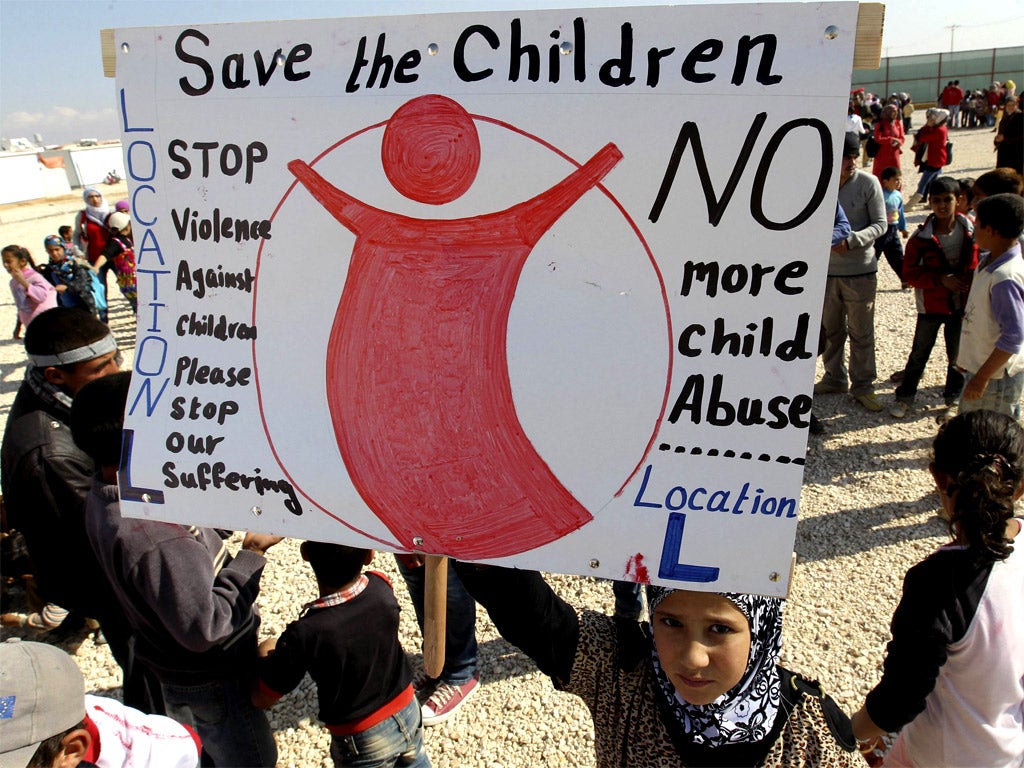Save the Children: corporate sponsors help save lives
The charity defends itself from claim it refrained from criticising its backers

Save the Children on Tuesday defended its record on working with corporations, saying it was pursuing an “innovative and revolutionary” strategy of engaging with big business to save young lives.
The charity, which is one of three NGOs whose business practices were criticised on Tuesday night in a BBC Panorama documentary, reiterated a denial that it had drawn back from criticising existing or potential commercial donors and said it was seeking to “harness the power of the private sector”.
Save the Children, one of Britain’s largest and most respected NGOs, has been accused by a whistleblower of refraining from attacking energy companies because of its relationship with British Gas, which donated £1.5m to it during a 10-year partnership.
Internal emails also suggested senior managers were concerned at criticising price rises by the French-owned EDF at a time when the charity was on a shortlist for funding from it worth £600,000 over three years.
The charity strongly denied the claims and highlighted its partnership with the pharmaceutical giant GlaxoSmithKline as evidence of how large companies can work effectively with NGOs beyond the traditional model of cash donations.
The company is working with Save the Children to convert a mouthwash into a disinfectant gel to prevent newborn babies dying of infection – a major cause of infant mortality in the developing world. In a letter to The Independent, the charity’s chief executive, Justin Forsyth said: “Save the Children would never not campaign on an issue because of a corporate partnership.
“We are a very ambitious organisation working to cut the number of children dying from preventable illnesses, and by harnessing the power of the private sector we can achieve a lot more than we’ve ever done before.”
The charity said it recognised the need for transparency in its partnerships but added it had stringent safeguards in place to ensure its independence.
It said it had increased corporate donations from £6m in 2009 to £19.6m last year but this represented less than 10 per cent of its total income.
Comic Relief said yesterday it would be reviewing its investments strategy following the revelation that it had invested money in tobacco, alcohol and arms firms – all sectors where the charity is pledged to work to relieve damaging effects on human life.
The charity, which works closely with the BBC, said its investments with large funds who had in turn bought shares in companies such as BAe Systems had been approved by the Charities Commission but added it would now reconsider whether to place money with ethical funds which had been shown to outperform the general market,
Kevin Cahill, Comic Relief’s chief executive, told BBC News: “We would clearly be keen to be in ethical funds if they match other funds and that is something we will look at.”
Bookmark popover
Removed from bookmarks